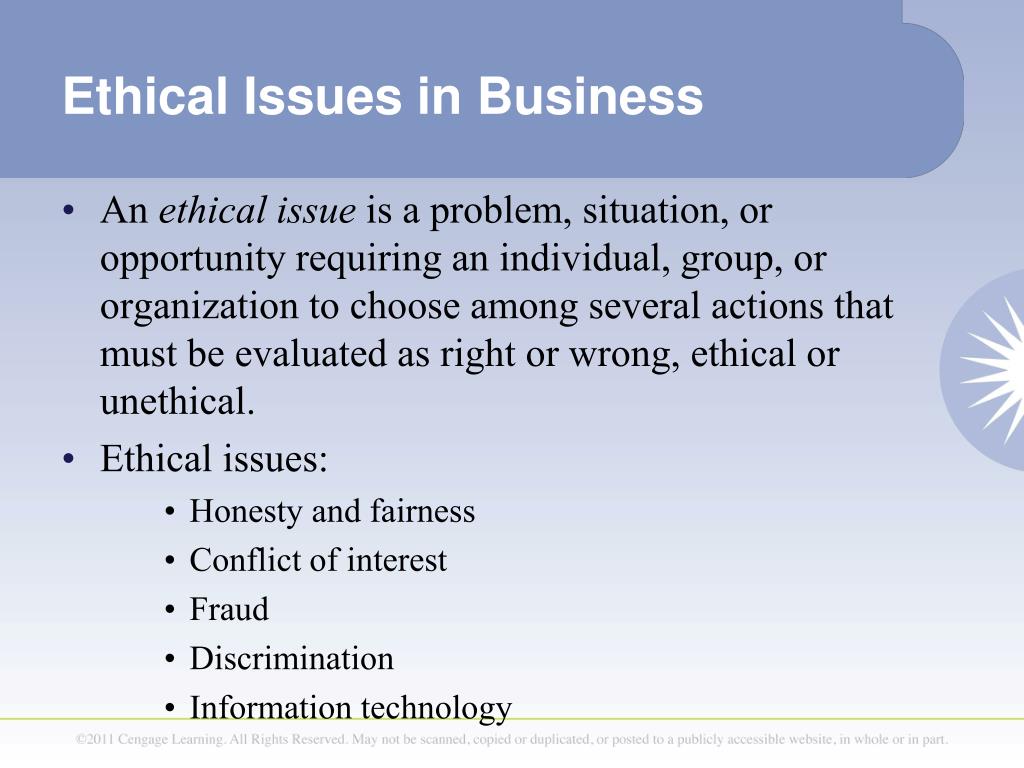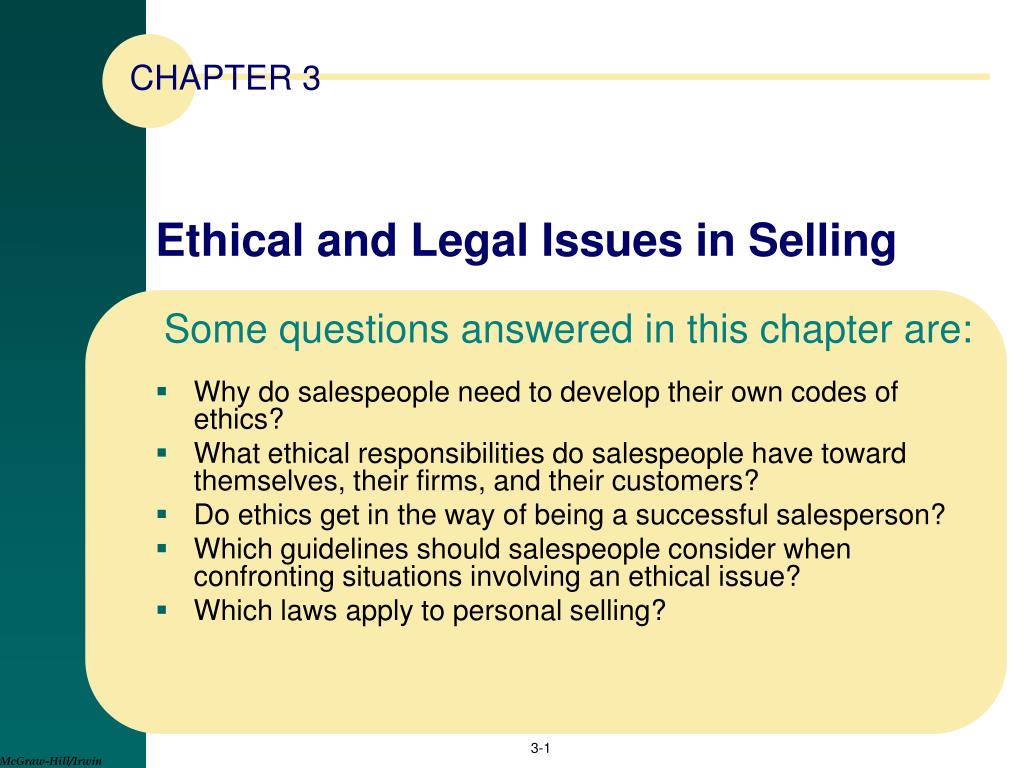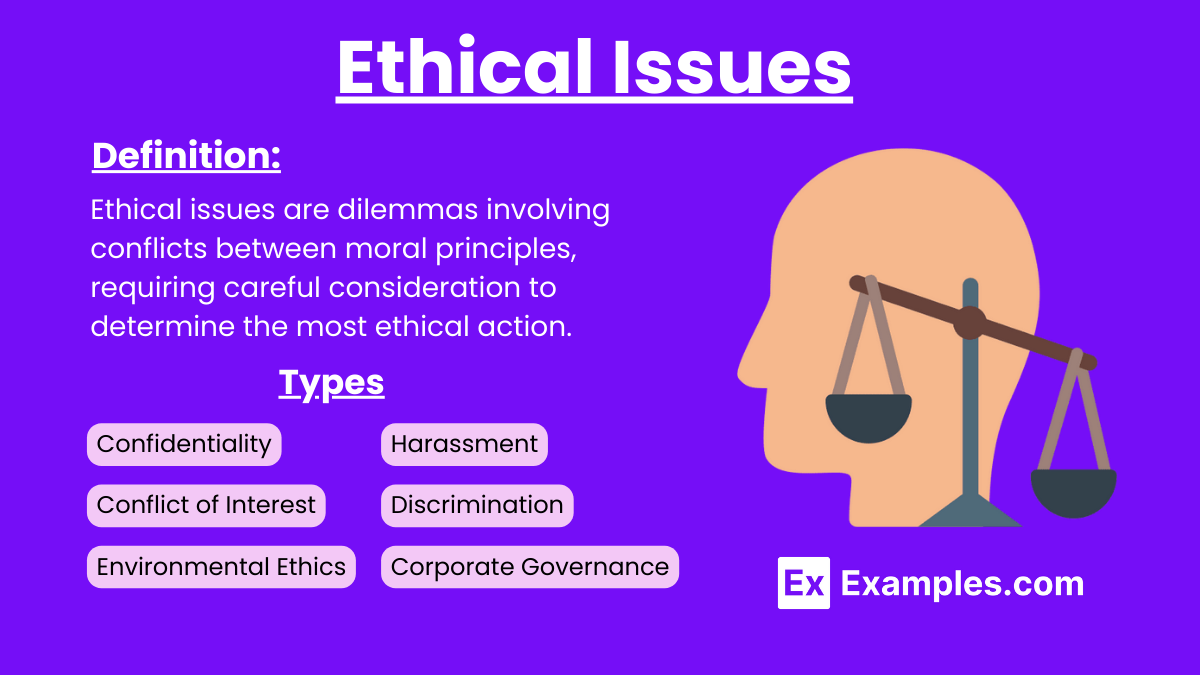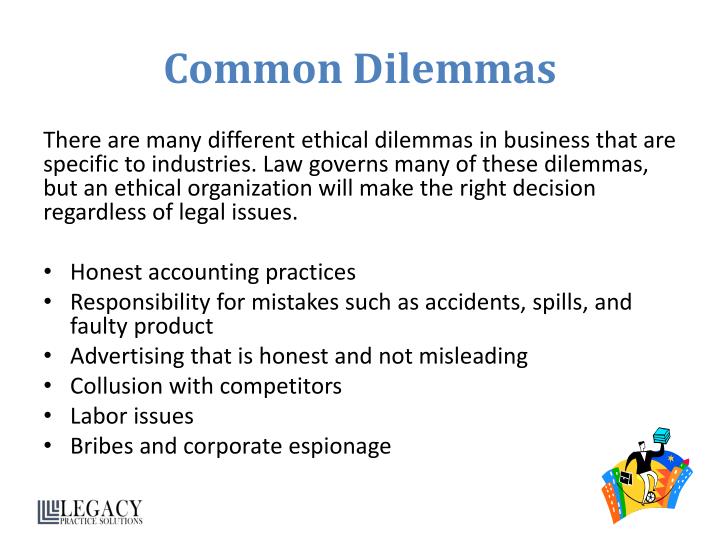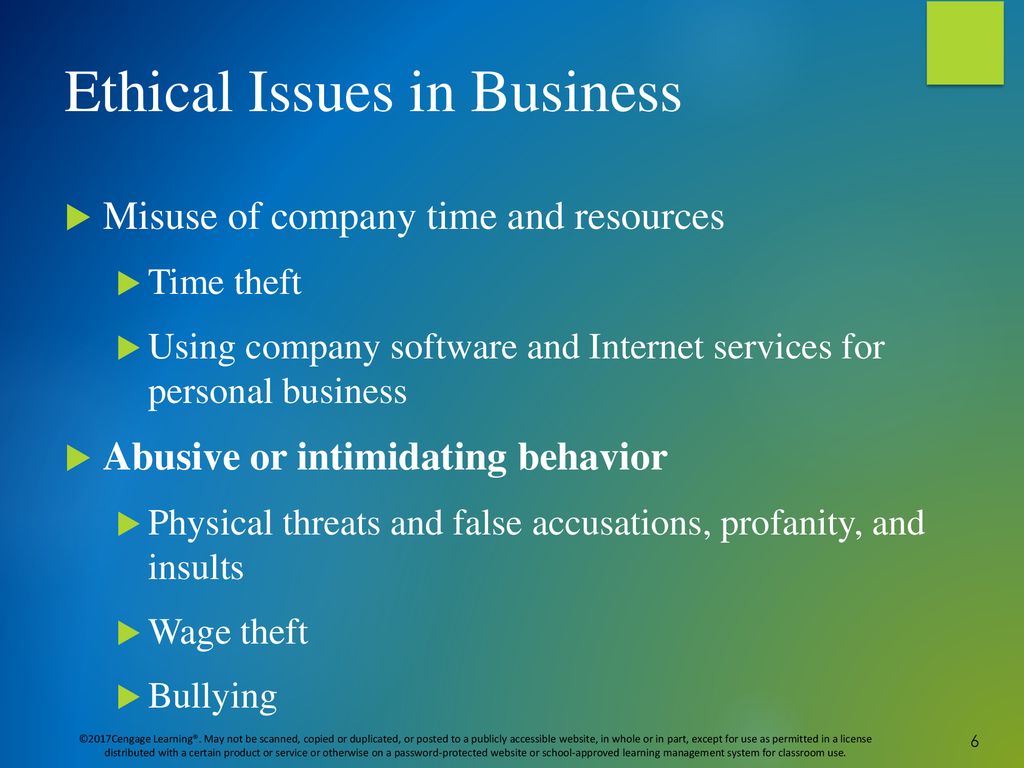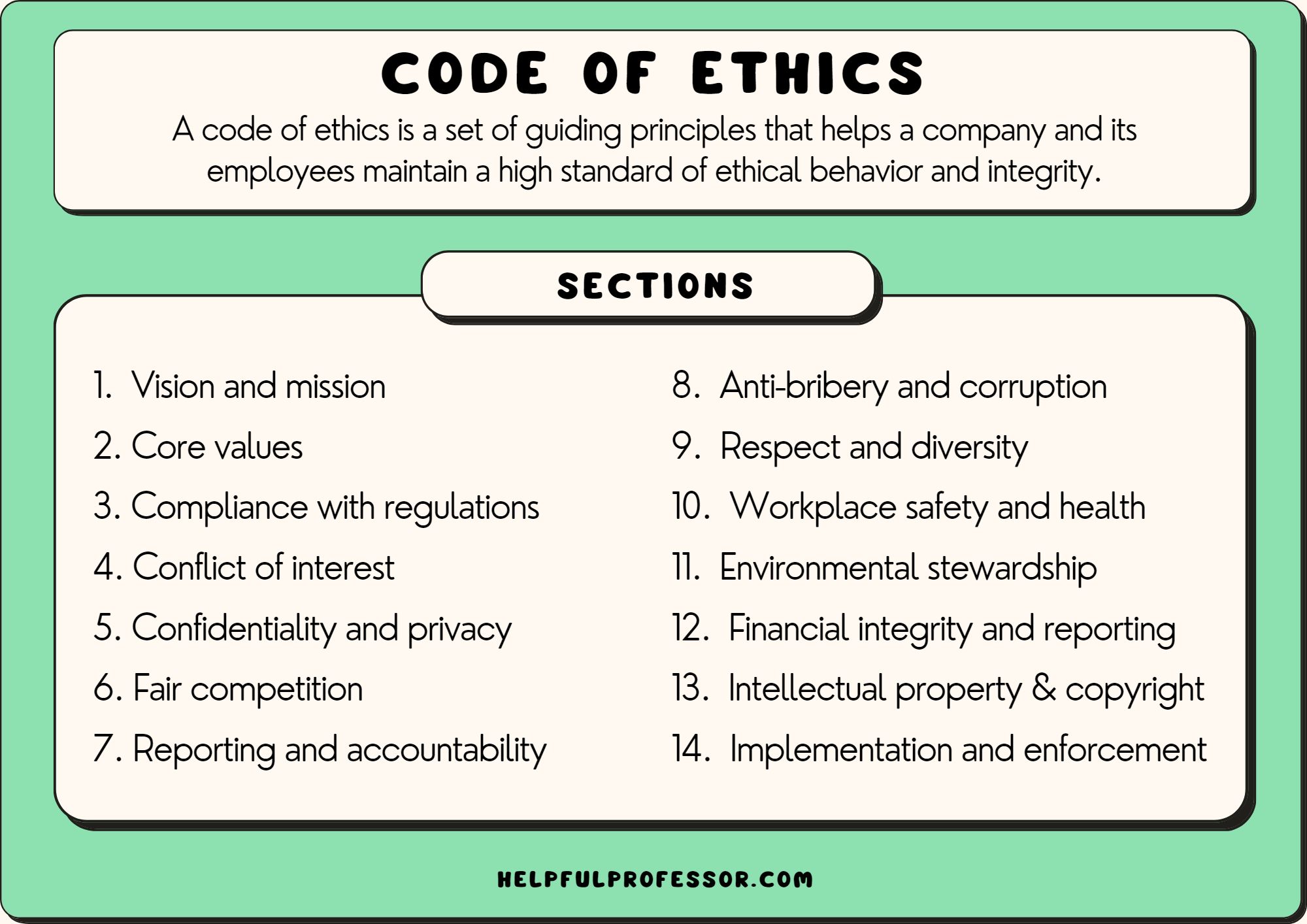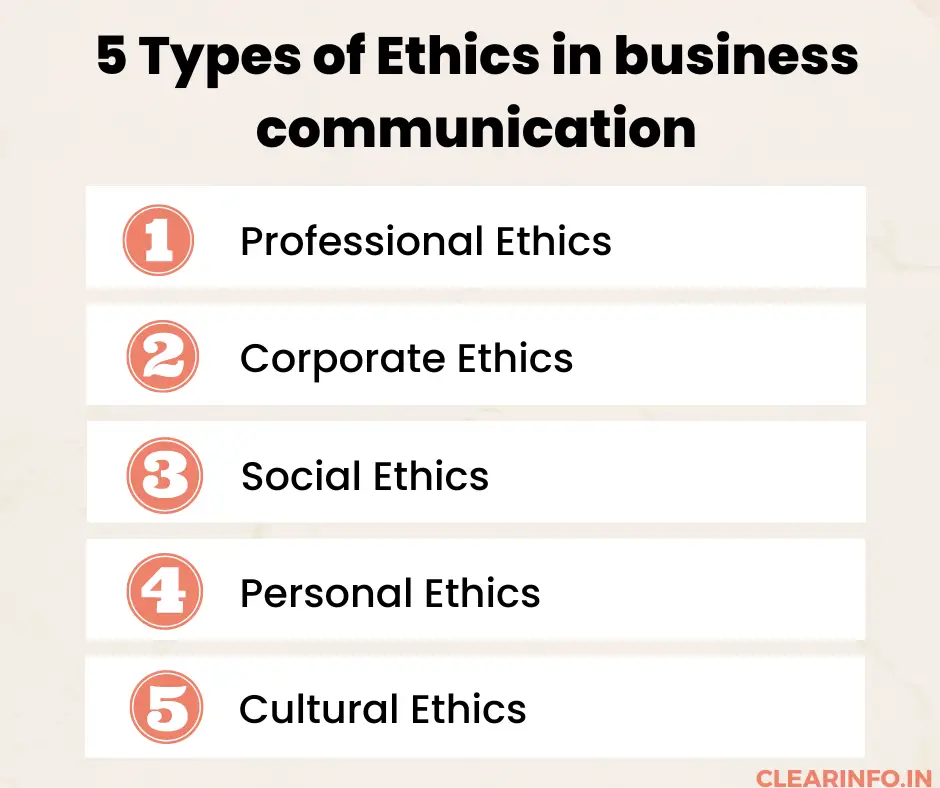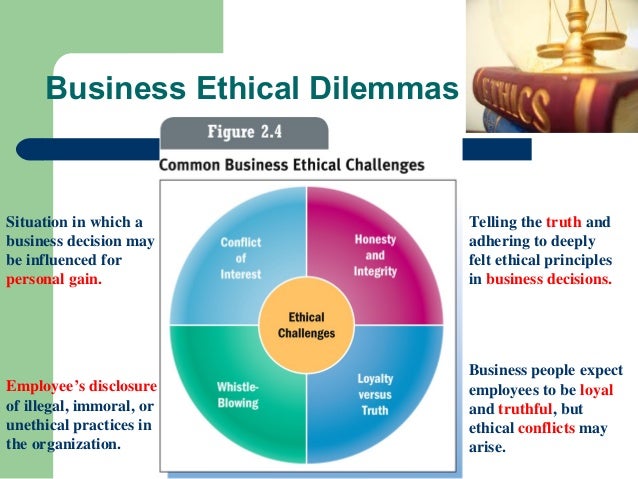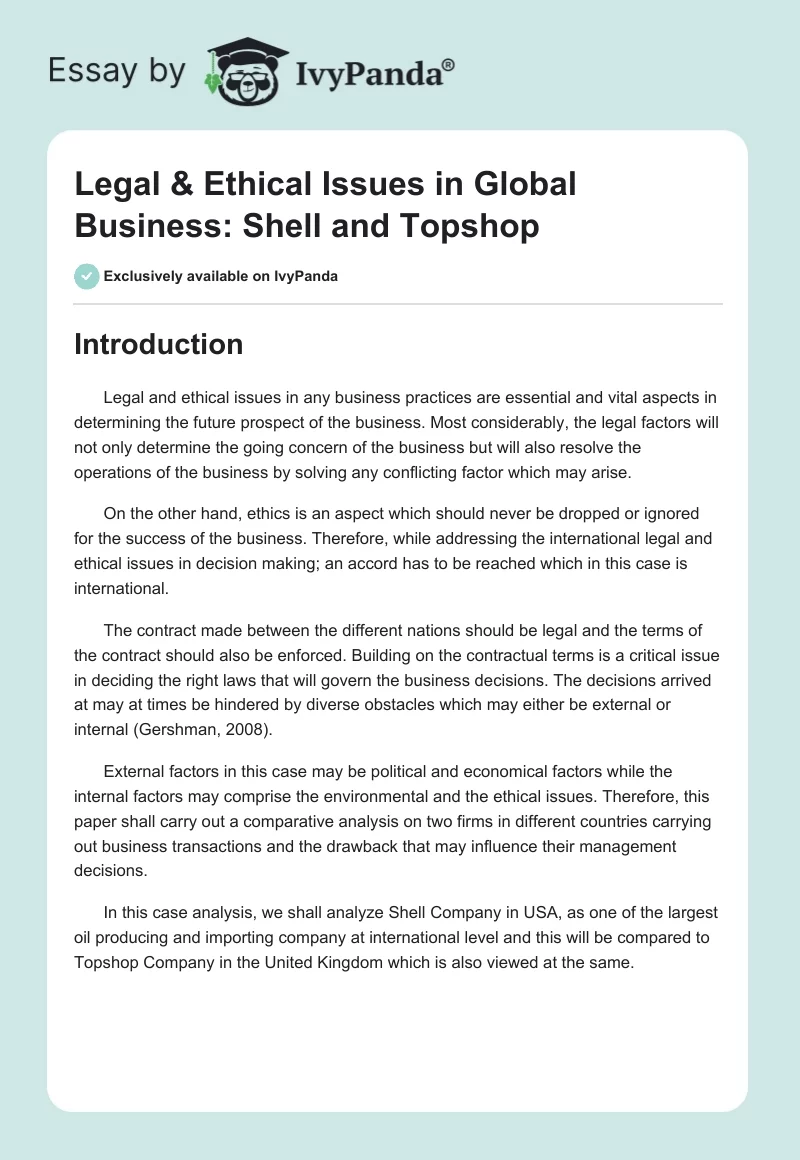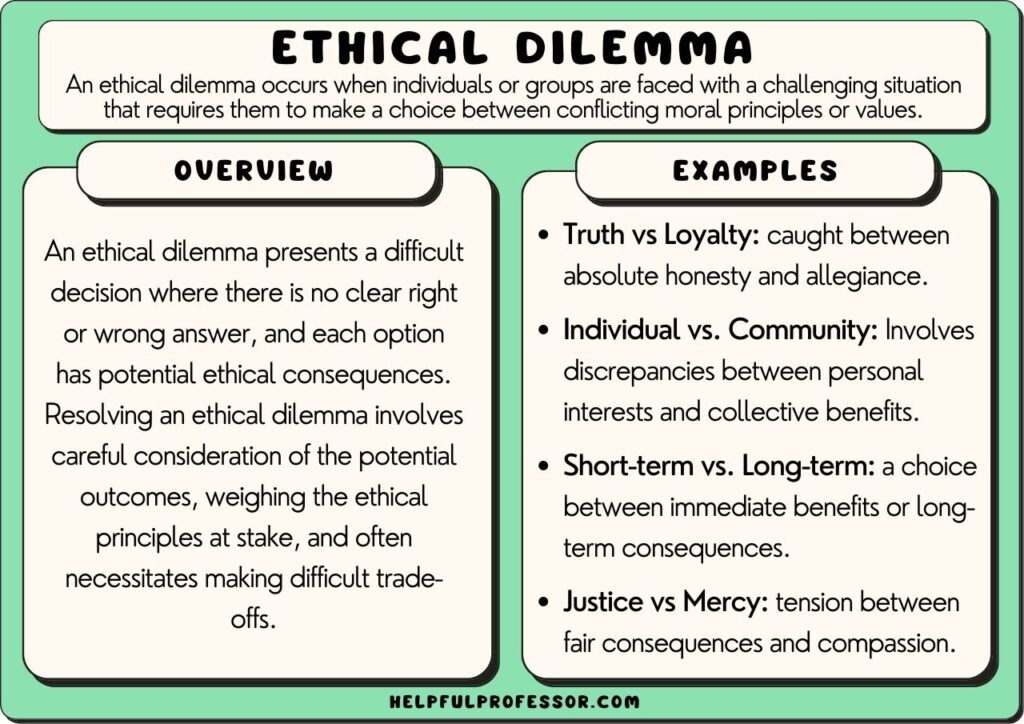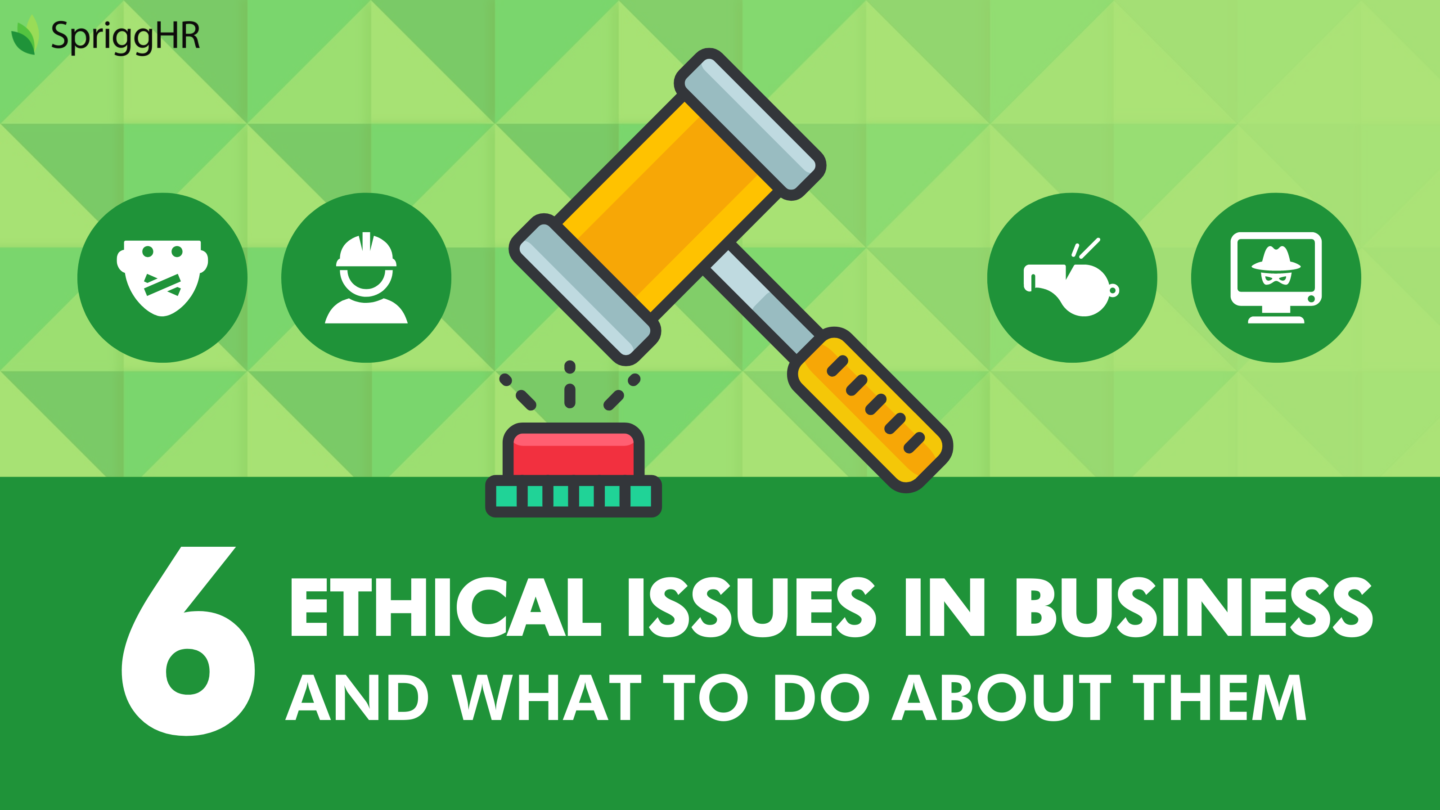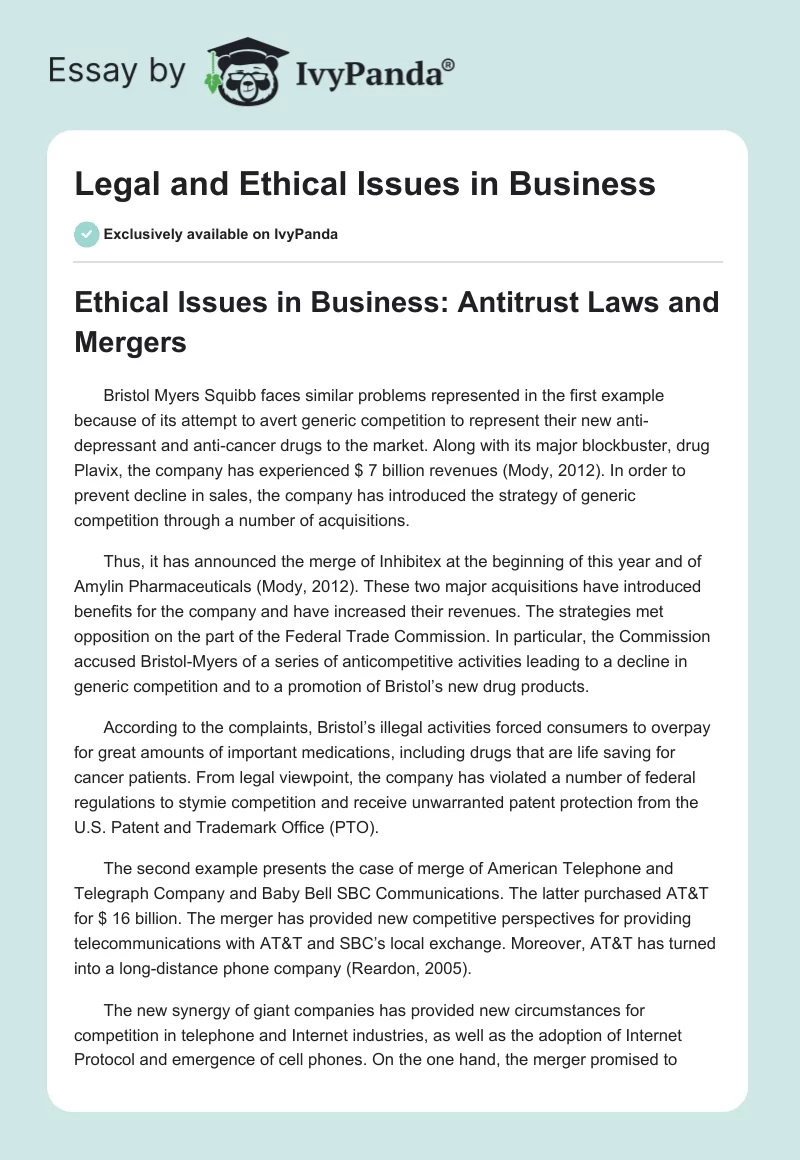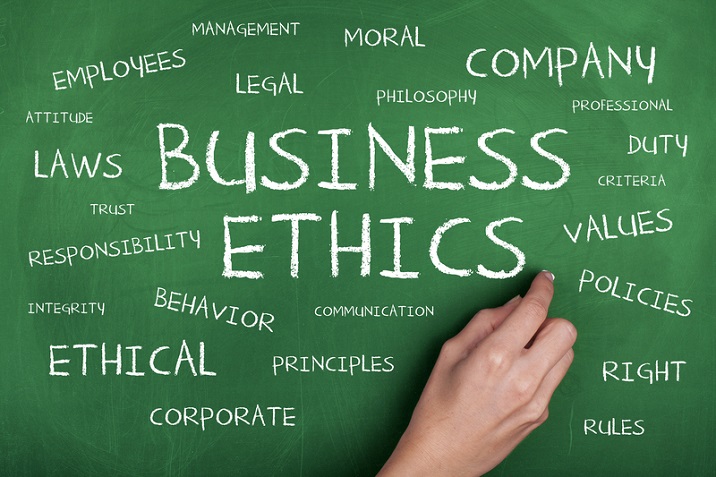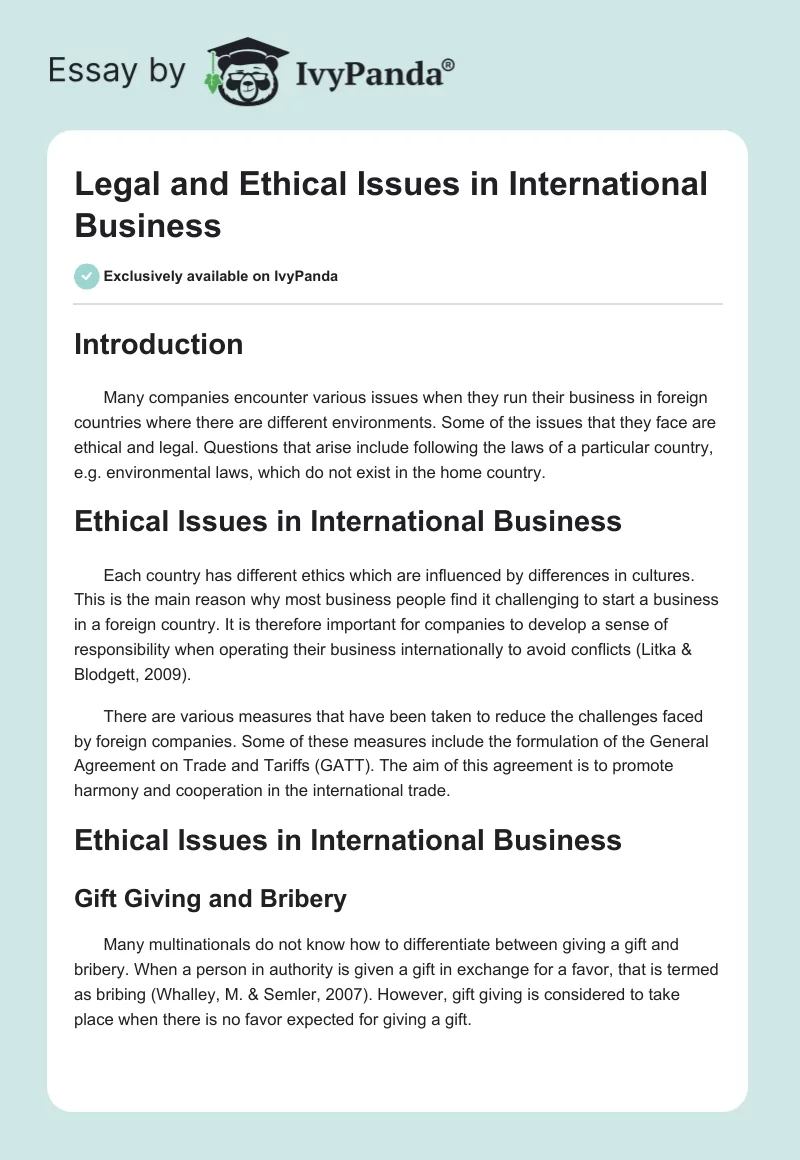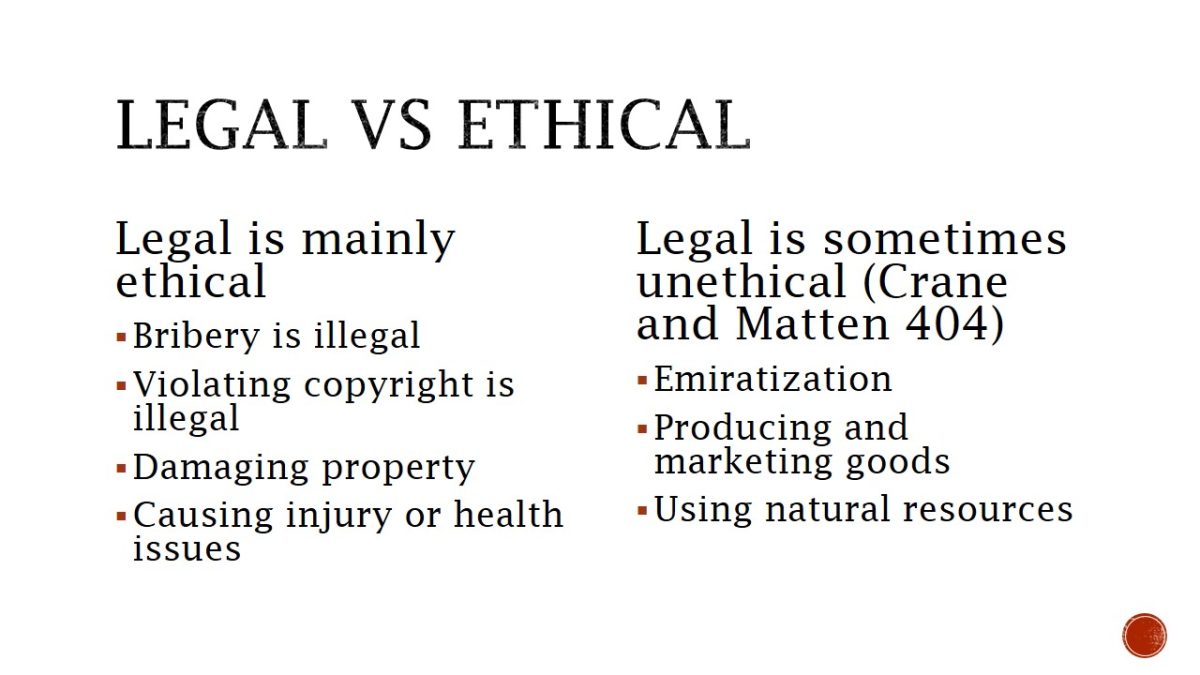Examples Of Legal And Ethical Issues In Business
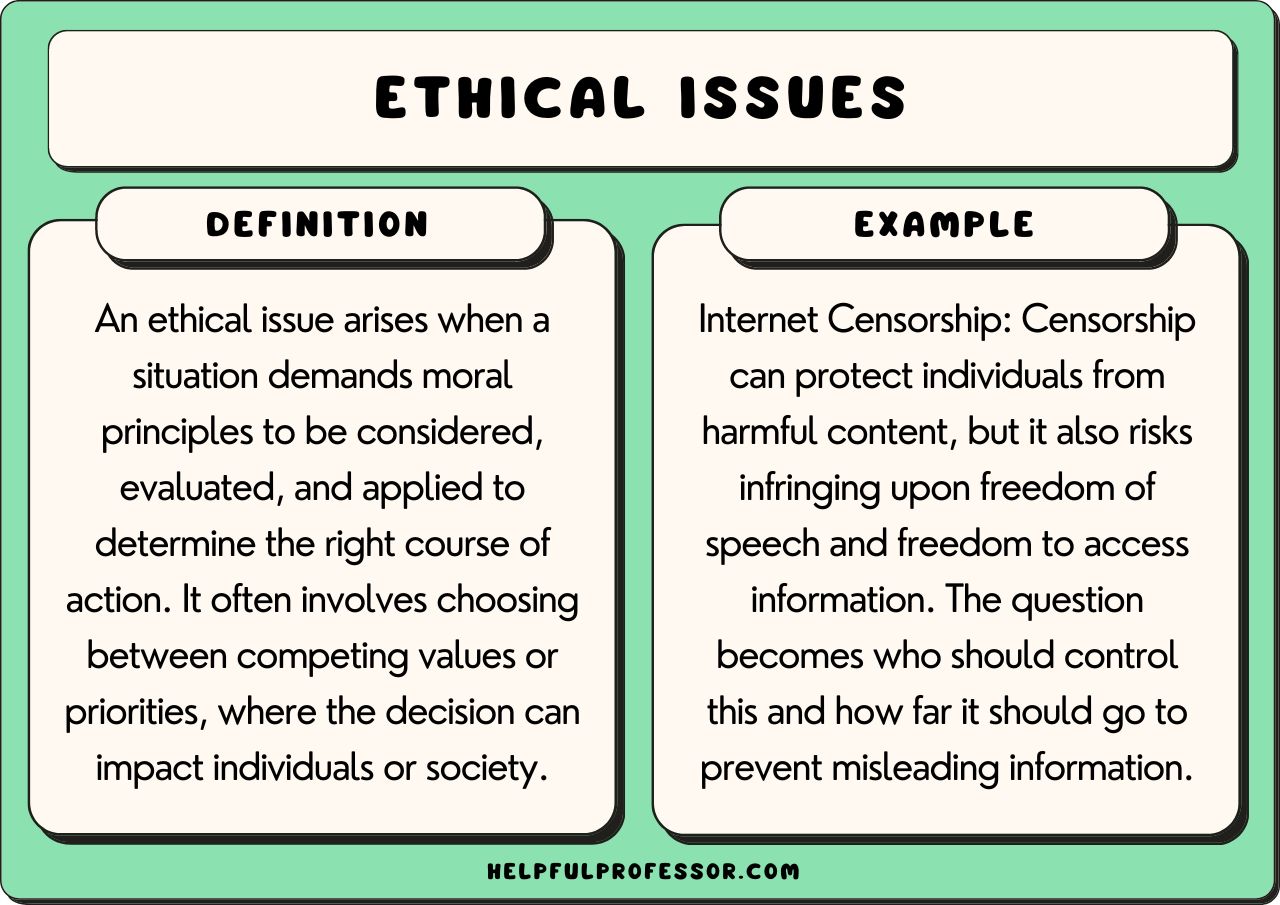
Businesses navigate a complex landscape of laws and ethical considerations daily. These challenges range from ensuring fair labor practices to safeguarding consumer data, and missteps can lead to significant legal repercussions and reputational damage.
This article explores several examples of legal and ethical issues commonly encountered in the business world, examining their potential consequences and highlighting the importance of proactive compliance and ethical decision-making.
Data Privacy and Security
One of the most pressing concerns for businesses today is data privacy. With increasing amounts of personal information collected and stored digitally, companies are responsible for protecting this data from breaches and misuse.
Regulations like the General Data Protection Regulation (GDPR) in Europe and the California Consumer Privacy Act (CCPA) in the United States impose strict requirements on data handling practices. Failure to comply can result in hefty fines and a loss of customer trust.
Beyond legal obligations, there is also an ethical imperative to respect individuals' privacy. Companies must be transparent about their data collection practices and provide individuals with control over their personal information.
Fair Labor Practices
Fair labor practices are another crucial area of legal and ethical consideration. These practices encompass a wide range of issues, including wages, working hours, workplace safety, and non-discrimination.
Businesses must adhere to minimum wage laws and provide employees with fair compensation for their work. Additionally, they are responsible for creating a safe and healthy work environment, free from hazards and harassment.
Ethical considerations extend beyond legal requirements. Companies should strive to provide employees with opportunities for growth and development, and to treat all workers with respect and dignity.
Environmental Responsibility
Environmental responsibility is increasingly important for businesses. Consumers are more aware than ever of the environmental impact of their purchasing decisions, and they expect companies to operate sustainably.
Legal regulations, such as those related to pollution and waste management, aim to protect the environment. However, ethical businesses go beyond mere compliance and actively seek to minimize their environmental footprint.
This may involve reducing energy consumption, using recycled materials, and implementing sustainable supply chain practices. Companies that prioritize environmental responsibility often gain a competitive advantage and enhance their reputation.
Conflicts of Interest
Conflicts of interest can arise when an individual's personal interests clash with their professional duties. These situations can compromise objectivity and impartiality, leading to unethical decisions.
Businesses should have clear policies in place to address conflicts of interest. Employees should be required to disclose any potential conflicts, and management should take steps to mitigate the risks.
For example, an employee who owns stock in a competitor company may have a conflict of interest when making decisions about their employer's strategies. Transparency and careful management are essential in these situations.
Intellectual Property
Protecting intellectual property (IP) is crucial for businesses. This includes patents, trademarks, copyrights, and trade secrets. Unauthorized use of IP can lead to legal action and significant financial losses.
Businesses must take steps to protect their own IP and to respect the IP rights of others. This includes conducting thorough due diligence before launching new products or services to ensure they do not infringe on existing patents or trademarks.
Ethical considerations also come into play. Companies should not engage in industrial espionage or other unethical practices to obtain trade secrets from competitors.
Conclusion
Navigating the complex landscape of legal and ethical issues requires a proactive and comprehensive approach. Businesses must stay informed about relevant laws and regulations, and they must establish strong ethical guidelines and training programs for employees.
By prioritizing compliance and ethical decision-making, companies can mitigate risks, build trust with stakeholders, and foster a culture of integrity. Ultimately, this contributes to long-term sustainability and success.
Ignoring these issues can lead to serious repercussions, including financial penalties, reputational damage, and loss of public trust, highlighting the importance of ethical vigilance and proactive legal compliance in today's business world.
